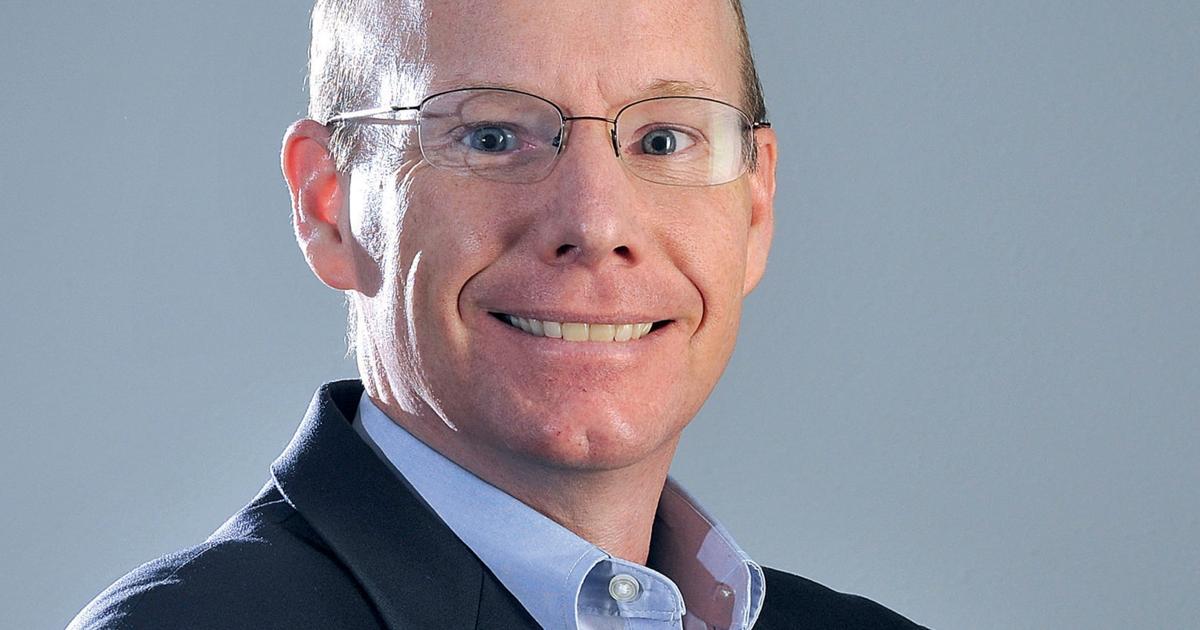
Education policies should help, not hinder, self-improvement
“And these children that you spit on . . . they’re quite aware of what they’re going through.” David Bowie’s song “Changes” seems appropriate to describe the obstacles that many people face in various stages of education.
Usually, those obstacles were unintentional. When challenges created by policies hit the same people over and over, it’s fair for them to think it is deliberate. The way to prove policies aren’t designed to hinder people is to change them.
For example, the state of Iowa rates K-12 education performance by school buildings in six categories. Last year, the lowest-performing category consisted of 66 schools out of nearly 1,300. Almost all were among the poorest property valuations per student. Most had high free and reduced lunch eligibility and more English Language Learners than the state average. Many had a combination of all three.
People are also reading…
We’ve long known that social and economic status influences education outcomes. Iowa took some steps to address this in 2006, but not enough.
Most states work to include such factors into their K-12 funding formulas. Iowa provided few tools, with fewer resources. Instead, there was a bill last year that would have taken funds from the districts listed above while increasing funds to districts facing none of their challenges.
We know that early education improves brain development, leading to both intellectual and social development. However, this requires trained professionals to implement. Those professionals need additional education, which requires tuition.
Many states have set up Last Dollar Scholarships covering the cost of such programs. Early childhood educators in Iowa are not eligible for this opportunity. The reason is that the salary is too low.
That developing the brains of young children is among the lower paying professions says something about society. The decision that people desiring to enter the profession must then make is whether to take out a loan for that education. A loan for a job that pays too little for them to likely pay off. This is setting people up for failure.
Speaking of student debt, President Biden’s proposal on the topic drew criticism from both ends of the spectrum. Forget for a moment that it was precisely what he campaigned on.
There is fair criticism that forgiving loans is bad policy. But those decrying the forgiveness of student debt didn’t raise the same concern when it came to forgiving farm loans. There is fair criticism that the income eligibility level is too high, though standards of living vary widely across the country. Unfortunately, the criticism went beyond that, to attacking the potential recipients. It has been called “a slap in the face” and an “insult to working people.”
Many of the potential beneficiaries attended a community college or public university. I use the word “attended” because those who would benefit the most from loan forgiveness started but dropped out of college. They sought to improve themselves, took out a loan, and then life happened.
Across higher education, 44 percent of those who don’t complete a degree end up in default, reducing their credit rating. Two-thirds of those in default owe less than $10,000. Overall, the New York Federal Reserve Bank estimates the plan would eliminate debt for 40 percent of all borrowers.
These folks are working. They’re struggling to pay life expenses, let alone the compounding interest on their student loans with ruined credit for their effort. In court filings, states opposing the Biden policy contend that it reduces state taxes. Allegedly, states can’t get by without imposing taxes on the lowest income people. The working people to whom this is “an insult.”
Impeding efforts to enhance early brain development, higher barriers for low-income K-12 students, and taxes on those scraping to get by. It may not be deliberate. As Bowie noted, those feeling spit on know exactly what they are going through. They may think it’s time for changes.
A Sioux City resident, Steve Warnstadt is government affairs coordinator for Western Iowa Tech Community College. He is a former Democratic state senator and retired Army National Guard brigadier general. He and his wife, Mary, are the parents of one son and one daughter.
Source link
